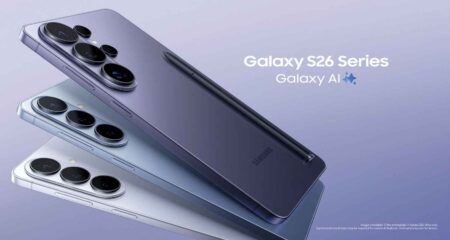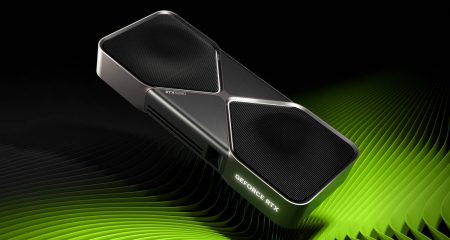
By Duncan McLeod
The level of competition between smartphone manufacturers and the companies that make the software that powers these devices is awe-inspiring to watch. It is fuelling innovation not seen in the technology industry since the early days of the personal computer, if ever, and will change the world we live in.
When CEO Pieter Uys presented Vodacom’s interim results in Midrand this week, he revealed an interesting statistic: the cellular operator now has 4,1m active smartphones on its network, an increase of almost 1m in the past six months. Uys spoke bullishly about a future where everyone, even the poorest of the poor, will be using a relatively powerful, Internet-connected device.
The mobile operators are investing billions of rand to keep up with the demands on their networks. Vodacom revealed that data growth from smartphones is up by 150% in the past 12 months and that 30%-40% of all data on its network is now being consumed by smartphones, with average use at 80 MB/month.
The smartphone tidal wave is going to change the way everyone communicates, socialises, entertains themselves and receives and disseminates information. Billions of people are getting online (properly) for the first time, thanks to the ever-falling costs of tiny computers that fit in our pockets.
It’s remarkable to think how much things have changed in the less than five years since Apple introduced its groundbreaking device, the iPhone, which redefined the smartphone experience with its fluid and natural interface, sparking a headlong rush to bigger, smarter and easier to use devices.
Nokia and Research in Motion, the Canadian maker of BlackBerry phones, dominated the landscape. Just a few short years later, these two companies are struggling desperately to mount a comeback as Apple, with iOS, and, even more so, Google, with the open-source Android operating system, appear set to dominate the new landscape.
Microsoft is also fighting a rearguard action — as it did in the 1990s when it came from behind in the Web browser wars (never write off the software giant) — with Windows Phone. Though it still dominates the desktop with Windows, its success in mobile computing is far from guaranteed. This is despite rave reviews for the latest version of its phone software and Nokia’s decision to wed itself to the Windows Phone.
The war between handset makers such as Nokia, Samsung, HTC and Apple (which ties its software to its hardware) on the one hand and between software providers on the other is fuelling unparalleled innovation. It’s also unleashed an ugly patent war between Microsoft, Google, Apple and Samsung.
The hostility is not hard to understand. A new computing ecosystem is being forged, much like in the early days of personal computing where Microsoft and Intel eventually came to dominate the landscape. Hundreds of billions of dollars is at stake as entire industries, from banking to media, are reshaped.
For technology journalists, it’s manna from heaven as every day brings new developments and as we dissect the unfolding war.
The bigger story here, though, is where it’s leading the world. It’s not inconceivable that by the end of this decade virtually every man, woman and child on the planet will own one or more powerful multimedia smartphones or tablets that are connected at high speed to the Internet. Everyone, including the rural poor, will have access to the collected knowledge of mankind sitting in their pockets. They’ll be part of the global economy, able to receive and share information and, more importantly, to transact. It will change everything, stimulating participatory democracy and greasing the wheels of commerce and globalisation.
It’s going to be a wild ride.
- Duncan McLeod is editor of TechCentral; this column is also published in Financial Mail
- Read more columns by McLeod
- Subscribe to our free daily newsletter
- Follow us on Twitter or on Facebook




